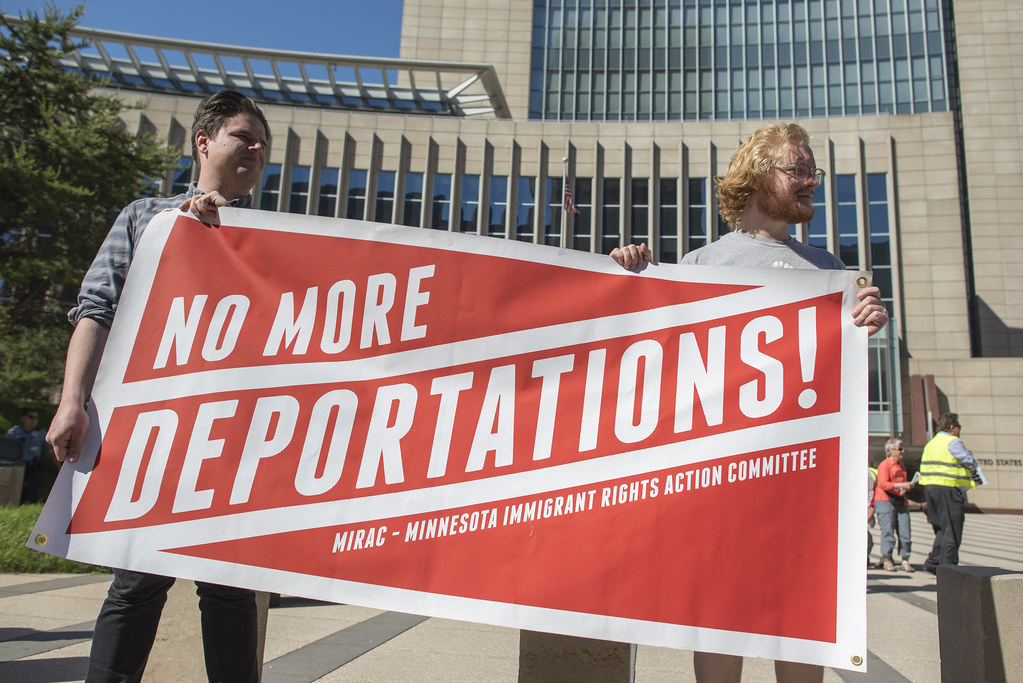During a recent campaign rally to gain support for his re-election bid, the President promised to deport “millions of illegal aliens” from the United States.
A Trump administration official recently confirmed that ICE will be conducting raids to remove undocumented immigrants who have been issued final deportation orders and continue to remain in the United States, as early as Sunday.
The media is reporting that these immigration raids will take place in several major U.S. cities including Miami, Atlanta, Chicago, Baltimore, Denver, Houston, Los Angeles, New Orleans, New York City, and San Francisco.
The operation will target the following individuals:
- Undocumented Minors who came to the U.S. without their parents and have since turned 18;
- Undocumented immigrants who were ordered removed in absentia; and
- Undocumented immigrants who missed an immigration court hearing and did not respond to letters mailed to their homes by the Department of Justice
The Los Angeles Police Department released a statement Friday informing the public that the LAPD is aware of upcoming ICE actions “beginning this Sunday,” that would be directed toward individuals who have been issued final deportation orders. LAPD Chief Michel Moore told reporters Friday that ICE has 140 targets in the Los Angeles area.
The LAPD’s statement provides, “The Department is not participating or assisting in any of these enforcement actions. The Department has reached out to various community stakeholders regarding the reported ICE enforcement actions, reiterating that members of this Department will not be participating. We are committed to protecting the public through meaningful relationship building and community partnerships.”
What Should You Do During an Immigration Raid?
It’s important to realize that when immigration raids take place, ICE agents often break the law, and may violate your due process rights, especially when you don’t have a firm understanding of the law and believe that you have no rights as an undocumented person.
Be prepared and informed of your rights BEFORE an immigration raid takes place or before going through an immigration checkpoint.
Schedule a consultation with our office to discuss your rights and come up with a plan on what you should and should not do during an immigration raid.
 Visa Lawyer Blog
Visa Lawyer Blog










